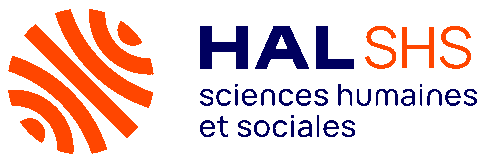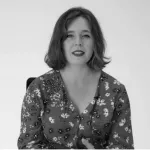Les derniers dépôts de Fanny Romain
Recherche-action en paysage : entre site et programme. Expérimentation sur le site classé de la Roche de Mûrs, Mûrs-Érigné (49)

Fanny Romain. Recherche-action en paysage : entre site et programme. Expérimentation sur le site classé de la Roche de Mûrs, Mûrs-Érigné (49). CIST2023 - Apprendre des territoires / Enseigner les territoires, Collège international des sciences territoriales (CIST), Nov 2023, Aubervilliers, Campus Condorcet, centre des Colloques, France. pp.426-428. ⟨hal-04426903⟩
Cette communication constitue le bilan d'une recherche-action visant à participer à des pratiques d'aménagement plutôt qu'à les observer (Montembault et al., 2015). Dans le cadre d'un projet conçu avec un bureau d'études en paysage, devant concilier fréquentation et protection d'un paysage patrimonial, nous définirons l'apport d'une recherche en sciences sociales dans un processus de conception sur le territoire, en prenant appui sur la réciprocité informative entre terrain et théorie. La dialectique du site et du programme a fait l'objet de positionnements critiques (Marot, 1995 ; Fromonot, 2011) en confirmant la nécessaire polarité entre ces deux constituants du projet. Nous défendons ici l'idée que le couplage site-recherche permet une redéfinition du programme, en gagnant une forme de liberté par rapport aux implicites pré-dessinant le projet. Celui-ci s'est fondé autant sur un apprentissage du territoire et de ses acteurs que sur une forme de désapprentissage et de distanciation, notamment en distinguant pratiques et représentations du territoire.
This communication is the result of an action research aimed at participating in planning practices rather than observing them (Montembault et al., 2015). As part of a project designed with a landscape design office to reconcile visitor numbers and the protection of a heritage landscape, we will define the contribution of social science research in a design process on the territory, drawing on the informative reciprocity between fieldwork and theory. The dialectic of the site and the programme has been the subject of critical positions (Marot, 1995; Fromonot, 2011) by confirming the necessary polarity between these two constituents of the project. We defend here the idea that the site-research coupling allows a redefinition of the programme, by gaining a form of freedom with respect to the implicit assumptions that pre-design the project. This was based as much on learning about the territory and its stakeholders, as on a form of unlearning and distancing, in particular by distinguishing between practices and representations of the territory.
Avec les mêmes mots-clefs
L’enceinte romaine du Mans, recherches archéologiques et valorisation touristiqu...
Élodie Salin
| Le Mans
Estelle Bertrand











